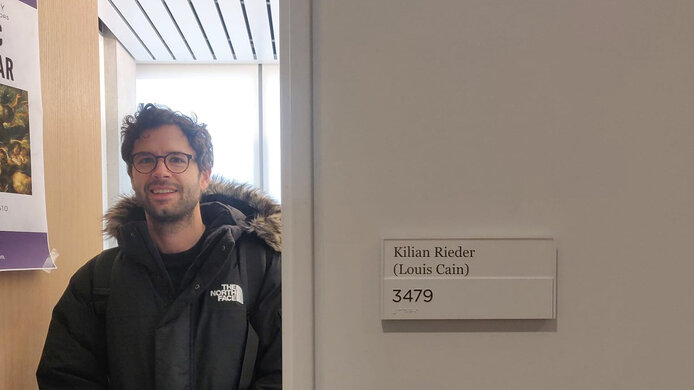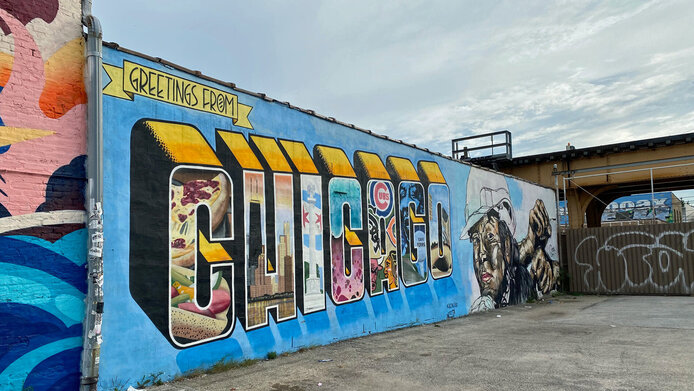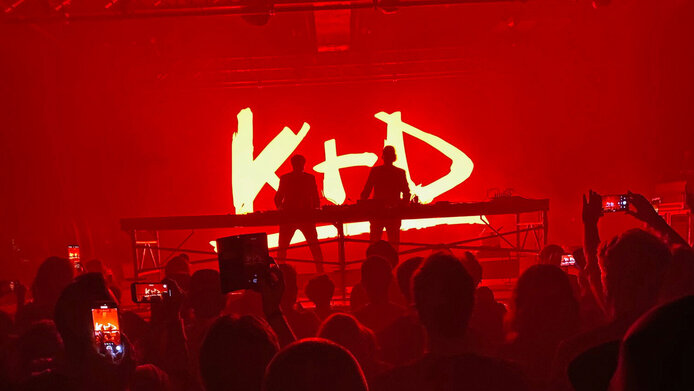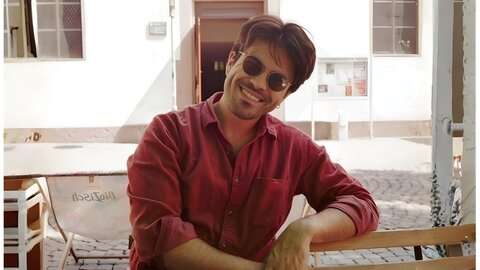Learning from history
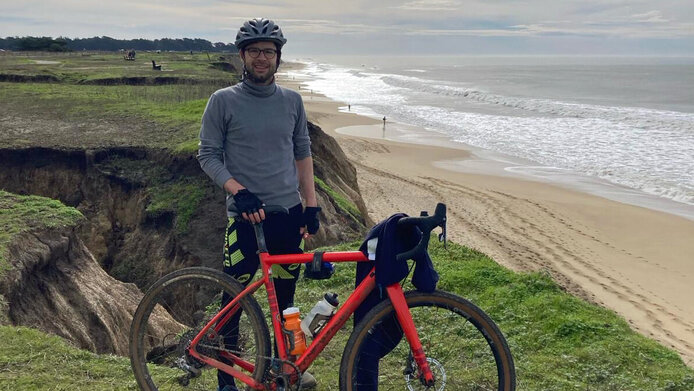
In spring 2023, after several years as an economist in the Economics Department of the Austrian National Bank (OeNB), I decided to apply for an FWF Schrödinger Fellowship. There was a dual rationale for my fervent wish to immerse myself full-time in an academic environment once again: I wanted to complete the publications necessary for a professorial qualification in my field within the fellowship period, and I aimed to explore some new research ideas, some of which go beyond the topics normally featuring in research at central banks.
A 100-year-old experiment
I had several reasons for choosing the Department of Economics at Northwestern University (NU) for conducting my research during the phase abroad. For one thing, the main project I am exploring during my Schrödinger Fellowship is based on a real-life experiment that was conducted more than 100 years ago in the United States. In a nutshell, I am interested in the question as to how economic policymakers should most effectively combat “unhealthy” credit booms, with all their negative consequences – such as financial crises. In the early 1920s, regional economic policymakers in the US simultaneously implemented various measures to preserve local financial market stability. I use this setting to analyze the relative impact and effectiveness of the measures taken.
Kilian Rieder is a Schrödinger Fellow at the Department of Economics at Northwestern University, USA, and at the Paris School of Economics. He is particularly interested in applied macroeconomics and economic history.
Learn more
Helpful network
Secondly, my two main fields of research, macroeconomics and economic history, enjoy prime importance within the NU Department of Economics. This particular research focus helped me quickly to become integrated in the department’s everyday life. In the 2023 winter term, for instance, I was given the opportunity to teach my own course (American Economic History after 1865). This enabled me to become a fully-fledged participant in the administrative and social life of the department. The fact that I had already met some of the economics professors working at NU at conferences made the initial organization of my stay abroad much easier, as the preparatory administrative steps (such as invitation letters and visa) could already build on a certain level of mutual trust.
Subconsciously homesick?
Outside of my professional life I took the opportunity to enjoy the cultural life in and around Chicago. I've never known homesickness, but perhaps it was a subconscious yearning that induced me to attend a concert by the Austrian DJs Kruder and Dorfmeister at the Concord Music Hall in the fall and, later in the year, the annual Krampus parade in Milwaukee, Wisconsin.
Incidentally, the latter excursion gave me a new research idea regarding the fate of German-American banks during the First World War – but that’s a topic for another time. My research work and presentations also meant I could have short stays in New York and California, which I rounded off with a gravel bike tour along the Pacific coast.
It might be useful for future fellows to learn that I switched my host institution, after a full academic year at Northwestern University, in order to explore a second academic environment. Since July 2024, I have been working at the Paris School of Economics.
